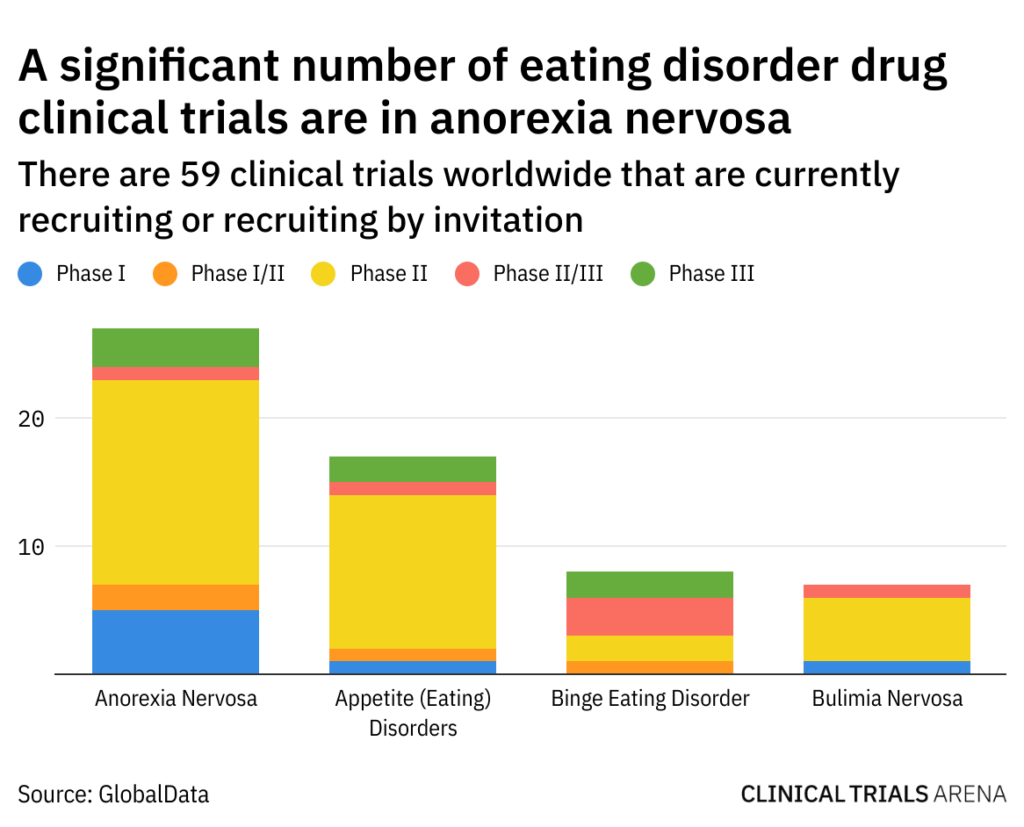Increased Prevalence of Eating Disorders
According to the World Health Organisation (WHO), the Covid-19 pandemic has disrupted critical mental health services in 93% of countries worldwide, while the demand for mental health services has increased. The WHO reports that 72% of mental health services for adolescents were halted between June and August 2020. Within this group, there has been a surge in the prevalence of eating disorders, said to be exacerbated by the Covid-19 pandemic.
Eating disorders are serious mental health conditions characterised by severe disturbances in eating behaviours, as well as related thoughts and emotions. Such conditions can substantially impair physical and mental health and disrupt psychological functioning. A recent study published in the Journal of Adolescent Health by Lin and colleagues analysed eating disorder-related hospital admissions, associated hospital-bed days, new outpatient assessments and eating disorder outpatient care-related inquiries both pre and post-pandemic. Study data were collected between January 2018 and February last year at Boston Children’s Hospital in the US. Lin and colleagues reported that disrupted routines, social isolation and interruptions to other mental health-related treatment likely contributed to eating disorder-related symptomology. This includes new or increasing disordered eating thoughts and behaviours such as hyper-exercising, restrictive eating and purging, which have all been reported with increased frequency amid the ongoing pandemic.
In addition, a recent study by Taquet and colleagues published in The British Journal of Psychiatry analysed the electronic health records of 5.2 million people aged younger than 30 years, with much of the sample taken from the US. The analysis showed that the diagnosed incidence of eating disorders was 15.3% higher in 2020 overall compared with previous years. This suggests that the disruption to health services and increased social isolation caused by the pandemic in 2020 were likely responsible for this increase.
According to GlobalData epidemiologists, the 12-month diagnosed prevalent cases of binge eating disorder, an eating disorder related to overeating and purging, were forecast to decrease from 8,104 cases this year to 8,000 cases in 2027 among patients aged 13 to 17 years in the seven major pharmaceutical markets (7MM), namely the US, France, Germany, Italy, Spain, UK and Japan. But with the growing body of evidence that highlights the increasing trends in eating disorders due to the Covid-19 pandemic, GlobalData epidemiologists expect that the 12-month diagnosed prevalent cases of binge eating disorder will likely increase and surpass current forecast estimates over the next five years.
The pandemic has unmasked a global eating disorder public health crisis and simultaneously highlighted the urgent need to raise awareness of these disorders. The early identification of eating disorders such as binge eating disorder is associated with better outcomes for patients, so it is essential that mental health services are prioritised, reinstated and made accessible worldwide, despite the ongoing pandemic.
Read more on Clinical Trials Arena:

US Tariffs are shifting - will you react or anticipate?
Don’t let policy changes catch you off guard. Stay proactive with real-time data and expert analysis.
By GlobalDataEnrolment challenges persist in eating disorder clinical trials despite diagnosis increase
Social media, earlier help-seeking, and worsening of symptoms due to lockdowns contribute to increase in eating disorder diagnosis. But did this help with clinical trial recruitment? Read more…






